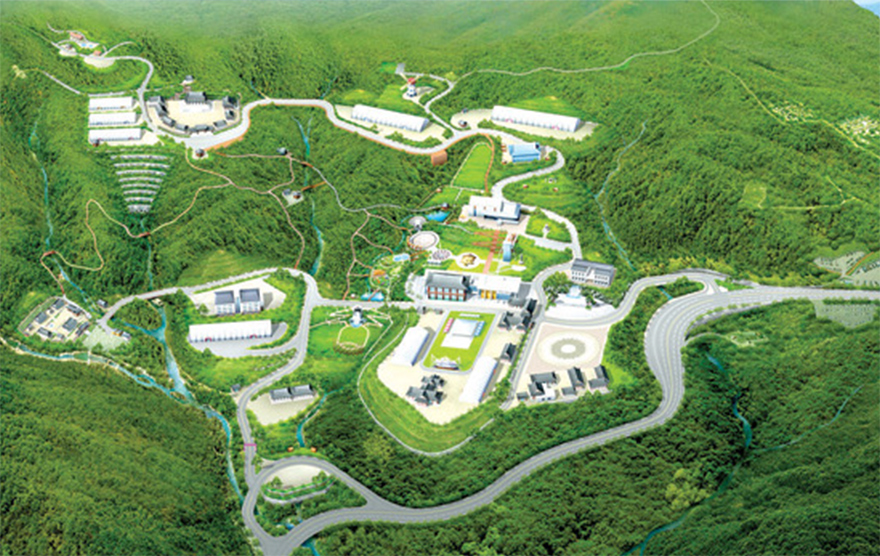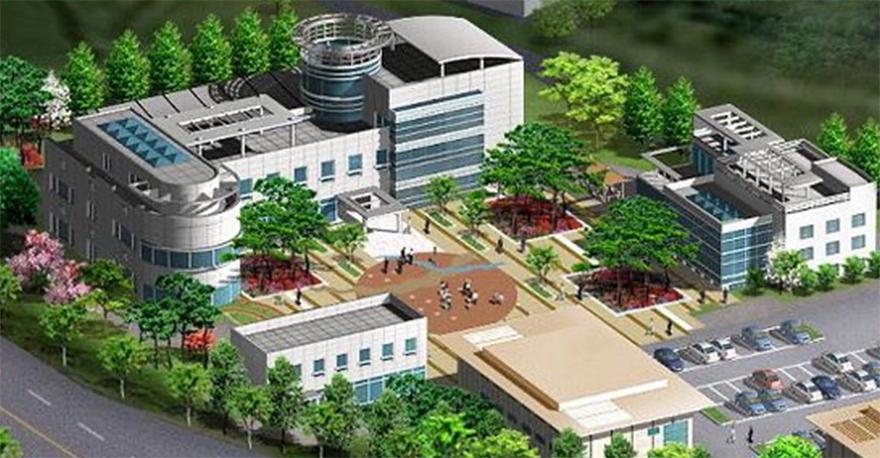내몸에 진정한 건강함을 찾아주는 특별한 한방체험을 경험해보세요!


Sancheong-gun announced that the Ministry of SMEs and Startups evaluated the operation performance of 195 special zones nationwide and selected nine places, including the Sancheong oriental medicine industry special zone, as “excellent regional special zones” in 2021.
The Sancheong oriental medicine industry special zone is the only one among the 15 special zones in Gyeongnam, and it received the Minister of SMEs and Startups Award and a reward of KRW 50 million.
The Sancheong oriental medicine industry special zone was recognized for its contributions to product development using oriental medicine from Jirisan Mountain, patent applications, online marketing, and successful online hosting of the Sancheong Oriental Medicine Festival last year.
In particular, it is evaluated that it has created a foothold for the advancement of anti-aging business by attracting the Medicinal Crop Industrialization Support Center near the Gyeongnam Oriental Medicine Anti-aging Research Institute.
The Sancheong oriental medicine industry special zone has been growing since 2005, centered on Maechon-ri, Geumseo-myeon, and is promoting six specialized projects: Oriental Medicine Valley, Oriental Medical Welfare Center, Herbal Herb Cultivation Experience Center, Herb Industry Support Project, Herb Cultivation Research Complex, and Traditional Oriental Recreation Tourist Area. In accordance with the business environment, it is promoting a business that encompasses tourism, medical care, and the herbal medicine industry.
As a result, it was selected as excellent in 2009, encouragement in 2012, grand prize (best) in 2013, and as an excellent regional special district in 2018, and in May of last year, it was selected for the City/Gun/Gu Regional Industry Fostering Contest project promoted by the Ministry of SMEs and Startups.
This project is a business that grows future food by creating new added value based on the herbal medicinal herb resources of the Sancheong oriental medicine industry special zone, with a project cost of KRW 550 million per year and KRW 1.65 billion for up to three years is invested by matching KRW 500 million from the national budget with KRW 50 million from the local government.




